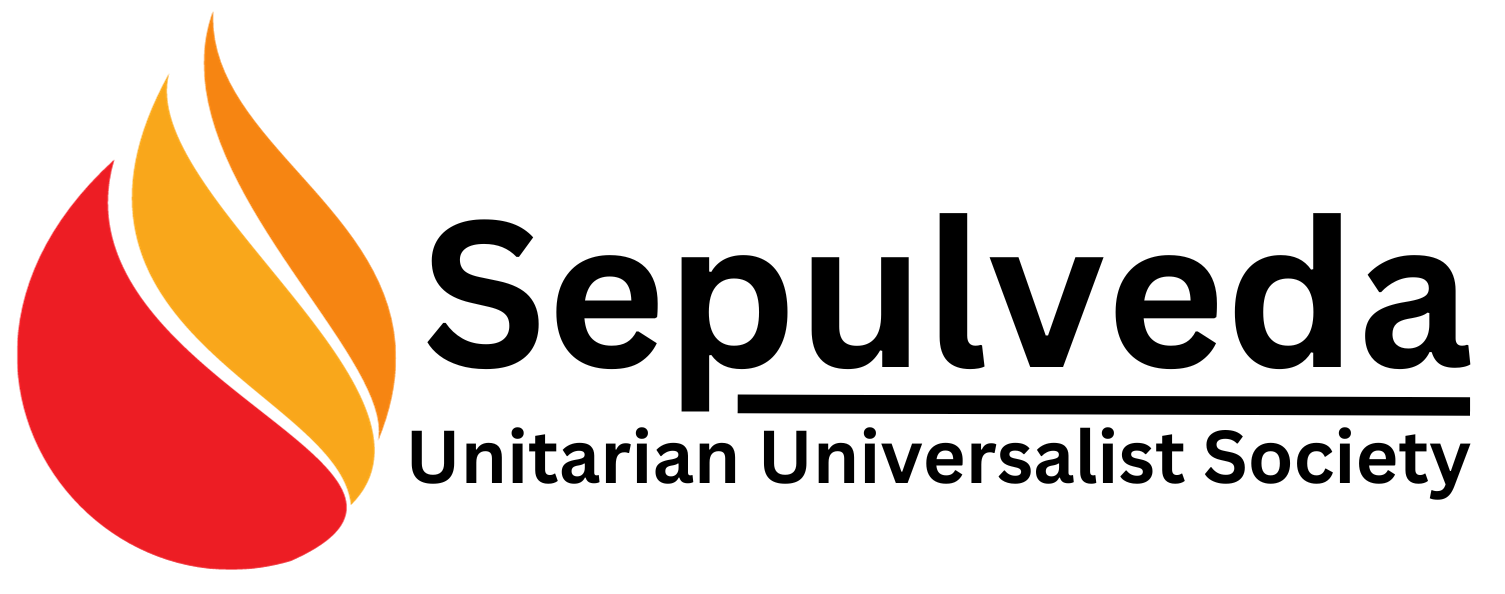Day 9: Supporting Someone in Recovery
Today, we focus on supporting loved ones in recovery. Recovery from addiction is a challenging journey, not just for the individual, but also for their friends, family, and community. Offering the right support can make a significant difference in their healing process. Today, we explore practical ways to provide that support, with special attention to the needs of BIPOC and Queer communities.
Understanding Recovery
Recovery is a deeply personal and ongoing process that involves more than just abstaining from addictive substances or behaviors. It requires rebuilding a life that may have been disrupted by addiction, which can include repairing relationships, finding stability in daily routines, and addressing underlying mental health issues. The journey is often marked by ups and downs, and it’s important to approach it with patience, empathy, and a commitment to long-term support.
The Role of Loved Ones in Recovery
As a loved one, you play a crucial role in the recovery process. Your support can provide the encouragement and stability needed to navigate the challenges of recovery. Here are some ways to offer effective support:
- Educate Yourself: Understanding addiction and recovery can help you provide informed and compassionate support. Learn about the stages of recovery, the potential challenges, and the best ways to encourage and assist your loved one.
- Practice Active Listening: One of the most powerful ways to support someone in recovery is to listen without judgment. Give them space to express their feelings, struggles, and successes. Your willingness to listen can be a source of comfort and validation.
- Encourage Professional Help: While your support is invaluable, professional help is often necessary for sustained recovery. Encourage your loved one to engage with therapy, counseling, or support groups, and offer to assist them in finding culturally competent resources.
- Set Healthy Boundaries: Supporting someone in recovery doesn’t mean neglecting your own needs. It’s important to set and maintain healthy boundaries to protect your well-being while still being supportive. Boundaries help create a balanced relationship that fosters mutual respect and care.
- Celebrate Milestones: Recovery is a long journey, and every step forward is worth celebrating. Acknowledge and celebrate your loved one’s progress, no matter how small it may seem. These moments of recognition can boost their morale and reinforce their commitment to recovery.
- Be Patient and Compassionate: Recovery is rarely a straight path. There may be setbacks along the way. Approach these moments with patience and compassion, understanding that setbacks are a part of the recovery process. Encourage your loved one to keep moving forward, even when the road is difficult.
Resources Tailored to BIPOC and Queer Communities
Supporting someone in recovery within BIPOC and Queer communities requires an awareness of the unique challenges they may face. Systemic inequalities, cultural stigmas, and a lack of culturally competent care can create additional barriers to recovery. Here are some resources designed to address these specific needs:
- The Healing Circle: This organization offers culturally relevant support groups and resources for BIPOC individuals in recovery. They focus on creating safe spaces where participants can share their experiences and receive support without fear of judgment or misunderstanding.
- Trans Lifeline: A peer support hotline run by and for trans people, Trans Lifeline provides critical support for trans individuals, including those in recovery. They offer resources that address the intersection of addiction, mental health, and gender identity.
- Black Emotional and Mental Health Collective (BEAM): BEAM works to remove the barriers that Black people experience when accessing or staying connected to mental health care. They provide education, training, and peer support that centers the unique experiences of Black individuals, including those in recovery.
- The LGBT National Help Center: This organization provides free and confidential support for LGBTQ+ individuals, including those dealing with addiction. Their hotline and chat services connect individuals with knowledgeable and empathetic volunteers who can provide support and referrals to appropriate resources.
- National Queer and Trans Therapists of Color Network (NQTTCN): This network is committed to advancing healing justice for queer and trans people of color by connecting them with therapists who share their cultural and community experiences. They also offer financial assistance to those who need help accessing mental health care.
Today’s Reflection
As we reflect on the ways we can support loved ones in recovery, let us remember the power of compassion, patience, and understanding. Recovery is not just the responsibility of the individual; it is a collective journey that we undertake together as a community. How can you offer support to someone in your life who is in recovery? What resources can you provide to help them succeed on their path?
Let us commit to being steadfast allies in the recovery process, offering love, support, and the resources needed to overcome the challenges of addiction
Learn more about Al-Anon Family Groups which offer support for families and friends of individuals struggling with addiction. Their online resources include support group directories and educational materials to help navigate the challenges of supporting a loved one.
We invite you to join us each day of October as we delve into these critical topics. Together, we can foster a culture of care, where we uplift one another and build a more compassionate world. Let this month be a time of healing, growth, and connection as we care for ourselves and others.
#UU #UUA #CelebrateDiversity #AddressingAddiction #BIPOC #FamilyCareGivers #MentalHealthAwareness #MentalHealthMatters #Queer #SuicidePrevention #Youth
Discover more from SepulvedaUU
Subscribe to get the latest posts sent to your email.
